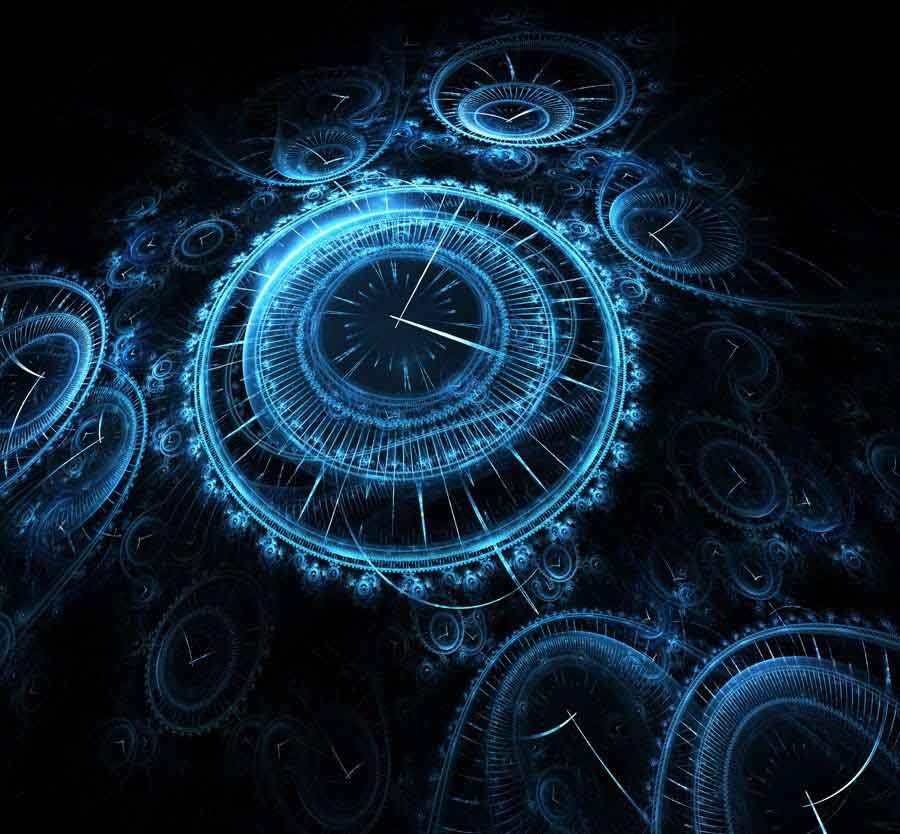
Beyond and within science fiction, time travel is the act of traveling back or forward in time and seeing what has happened or is to happen.
If you are not too keen on the traveling part, physics can spare you from its hassle and provide you with the visual part. Needless to say, the traveling part is already not properly defined, i.e how would you get there?
According to the laws of physics, a lawn chair in the backyard looking at the night sky would suffice. Without getting into the jargon of astrophysics, let us consider a thought experiement instead to have an intuitive understanding of the concept.
Imagine that as you are sitting on your lawn chair, a rocket will be passing by at about 86 % the speed of light. Let us take it a step further and consider that you have a laser based clock consisting of a rod with parallel mirrors and, whenever fired, it would take the laser one second to travel to the top mirror, reflect off of it, and travel back to the bottom mirror.
Do not try this at home, since that rod would have to be about 180,000 miles long.
Suppose a friend of yours is in the rocket and holding the same clock. Now, say each one of you fires up his clock at the same time. We know for certain that the laser of both clocks will complete its cycle in one second: Once your clock ticked one second, you know for certain that your friend’s clock did too.
However, unlike the laser of your clock which will travel the length of the rod straight up and down since you are at rest, the laser of your friend’s clock won’t from your perspective looking at your friend’s transparent rocket.
It will travel a diagonal path before reflecting off the top mirror from your perspective since the rocket is moving. Hence, it will travel a longer distance.
Longer distance means longer time, thus, although you will know that your friend’s clock has ticked one second once yours did, you will see the process taking twice as longer since the rocket is traveling at 86 % the speed of light.
This my friends implies that, after one second, you will only see that the laser of your friend’s clock has gotten to the top mirror, even though in reality it has reflected off of it and gotten already to the bottom mirror. What happens in the next second you might ask?
Well, you will be seeing something that has already happened, i.e looking into the past. You will see the laser travelling to the bottom mirror, even though it already did.
Should your friend throw the clock away off the rocket after the agreed upon one second, you would still see his clock finishing its tick as in reality he is throwing it away.
In conclusion, your friend was going a bit too fast. He has beaten time and slowed it down from your perspective.
And, you do not need to travel anywhere to see what happened in the past, you just need to let someone else do the traveling while you rest and watch.